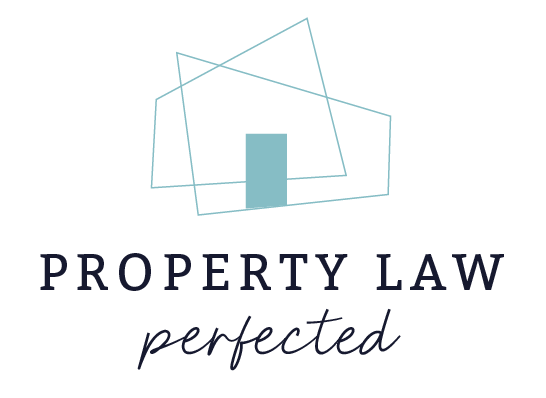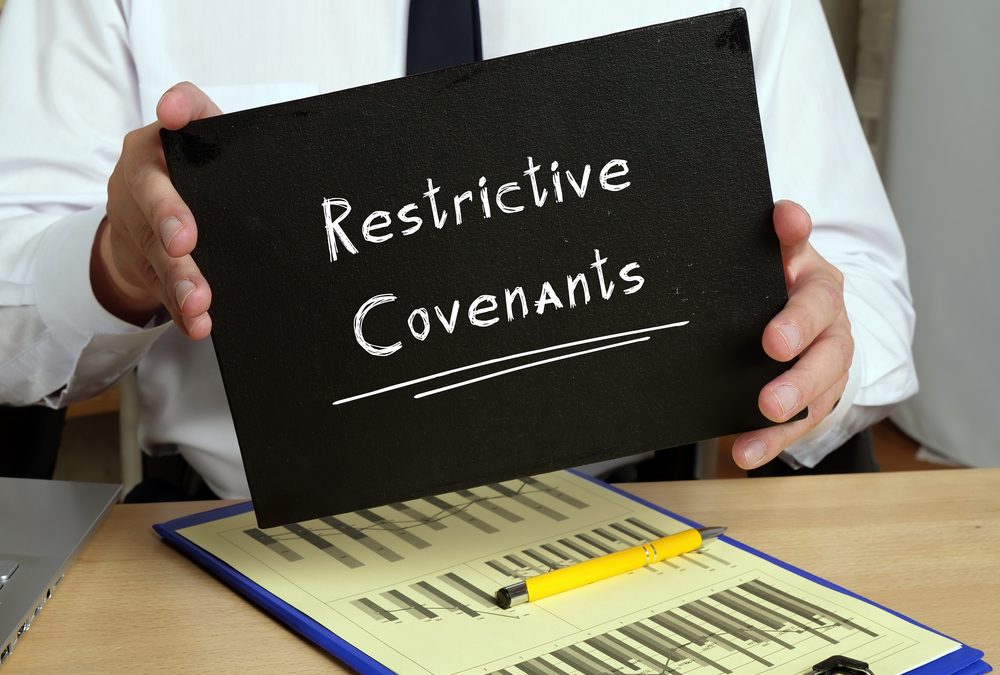Restrictive covenants on property are legally binding agreements that impose limitations or obligations on the use and development of a specific piece of land. These covenants are typically included in the property’s deed and serve various purposes, such as preserving the character of a neighbourhood, protecting property values, and addressing concerns about land use. Understanding restrictive covenants is essential for both property owners and potential buyers, as they can significantly impact the way a property is used and developed.
Key Aspects of Restrictive Covenants on Property:
Nature of Restrictions:
Restrictive covenants can cover a wide range of restrictions, including limitations on property use, architectural guidelines, and requirements for maintaining the property in a certain condition. For example, a covenant may restrict the property to single-family residential use, prohibit certain types of businesses, or mandate specific design standards for new constructions.
Enforceability:
Restrictive covenants are legally enforceable, and property owners are bound by their terms. If a property owner violates a covenant, legal action can be taken by other property owners or relevant authorities to compel compliance. Courts will generally uphold reasonable and lawful restrictive covenants.
Creation of Covenants:
Restrictive covenants are typically created when a property is subdivided or developed. The original developer or landowner includes these covenants in the deeds of the individual lots or properties within the development. The covenants are then passed on to subsequent property owners, creating a chain of enforceability.
Duration of Covenants:
Restrictive covenants may have a specified duration or be intended to run with the land indefinitely. Some covenants may have expiration dates, while others are designed to endure as long as the property exists. Understanding the duration of restrictive covenants is crucial for property owners and potential buyers.
Modification or Removal:
In certain circumstances, it may be possible to modify or remove restrictive covenants. This typically requires the consent of affected parties or a court order. Modification may be sought if the original purpose of the covenant is no longer relevant or if the circumstances surrounding the property have changed.
Impact on Property Values:
Restrictive covenants can influence property values. For example, well-maintained and consistently enforced covenants can contribute to a stable and attractive neighborhood, potentially enhancing
Common Types of Covenants:
Common examples of restrictive covenants include those related to architectural controls, land use restrictions, noise limitations, and restrictions on certain activities (such as running a business from the property). Each covenant is crafted to address specific concerns and objectives set forth by the original developers or the community.
Due Diligence for Buyers:
Prospective buyers should conduct thorough due diligence to understand the restrictive covenants affecting a property. This involves reviewing the property’s deed, surveying the neighbourhood for compliance, and seeking legal advice. Keira Rawden can assist with this in your property purchase. Failing to consider and understand these covenants could lead to legal disputes or limitations on property use.

